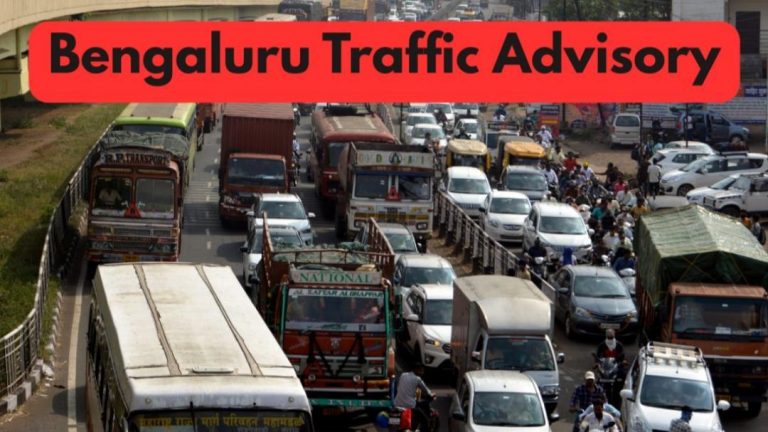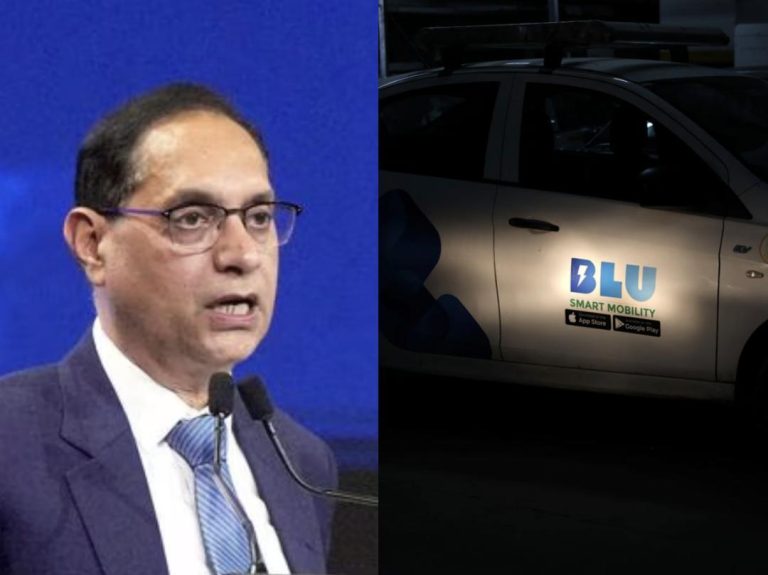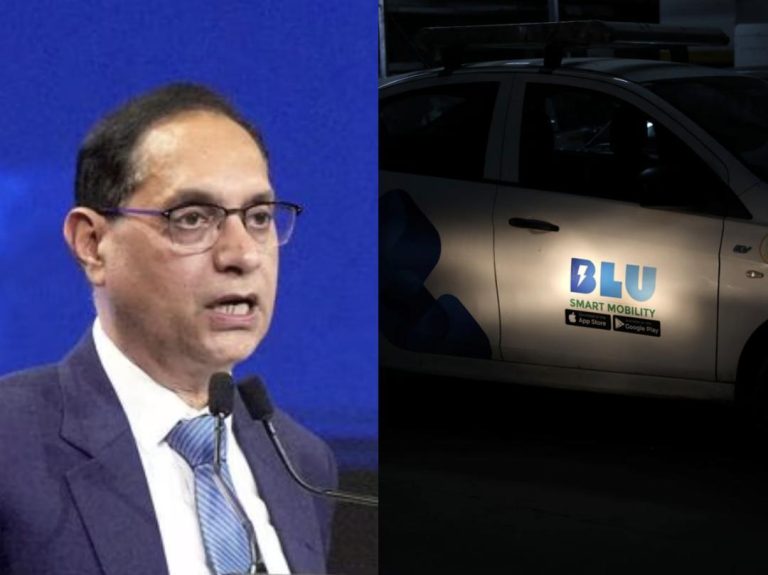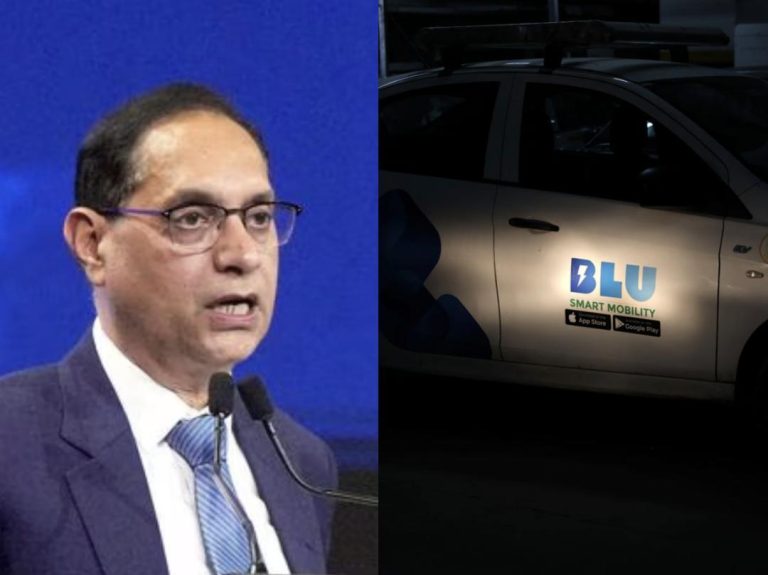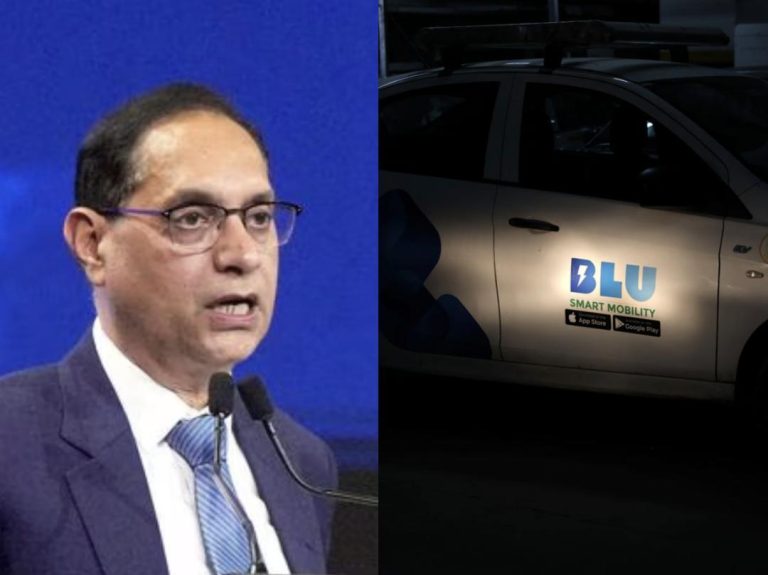
West Bengal Govt Announces 4% DA Hike for Govt Employees in Budget
The West Bengal government has made significant announcements in its recent budget, aiming to benefit its employees and pensioners. In a major relief to the government staff, the state government has declared a 4% Dearness Allowance (DA) hike from April 2025. This increase is expected to provide a substantial boost to the financial well-being of the employees and pensioners.
The budget, presented by the Finance Minister of West Bengal, has allocated a substantial amount for various sectors, including rural development and housing. A total of ₹44,000 crore has been allocated for rural development and Panchayats, which is expected to bring about significant infrastructure development in rural areas.
In addition to this, the government has also allocated ₹9,600 crore for the construction of 16 lakh new houses under the ‘Banglar Bari’ housing project. This project aims to provide affordable housing to the underprivileged sections of society, including low-income families and those living in slums.
The 4% DA hike is expected to benefit over 1.5 million government employees and pensioners in the state. This increase is a significant step forward in addressing the rising cost of living, which has been affecting the financial stability of many government employees.
The DA hike is calculated based on the Consumer Price Index (CPI) and is intended to compensate employees for the increased cost of living. The 4% DA hike is expected to provide a substantial increase in the take-home salary of government employees, which will have a positive impact on their overall financial well-being.
The budget has also allocated funds for other important sectors, including healthcare, education, and infrastructure development. A total of ₹2,500 crore has been allocated for the healthcare sector, which includes the development of new hospitals and medical facilities. The education sector has also received a significant allocation of ₹3,500 crore, which includes the construction of new schools and colleges.
The state government has also emphasized the importance of infrastructure development, allocating ₹10,000 crore for the construction of new roads, bridges, and flyovers. This is expected to improve connectivity and reduce travel time, making it easier for people to commute to their destinations.
The government has also made provisions for the development of the IT sector, allocating ₹500 crore for the establishment of new IT parks and incubators. This is expected to create new job opportunities and attract foreign investment to the state.
The budget has received a positive response from various stakeholders, including employees’ unions and opposition parties. The Employees’ Federation of West Bengal has welcomed the DA hike, saying that it will provide relief to government employees who are struggling to make ends meet. The opposition parties, however, have criticized the budget, saying that it lacks transparency and fails to address the long-standing issues faced by the state.
In conclusion, the West Bengal government’s budget has made significant announcements that are expected to benefit government employees and pensioners. The 4% DA hike is a welcome relief, and the allocations made for rural development, housing, and infrastructure development are expected to bring about significant changes to the state. While there may be some criticisms, the budget is a significant step forward in addressing the financial challenges faced by the state.
